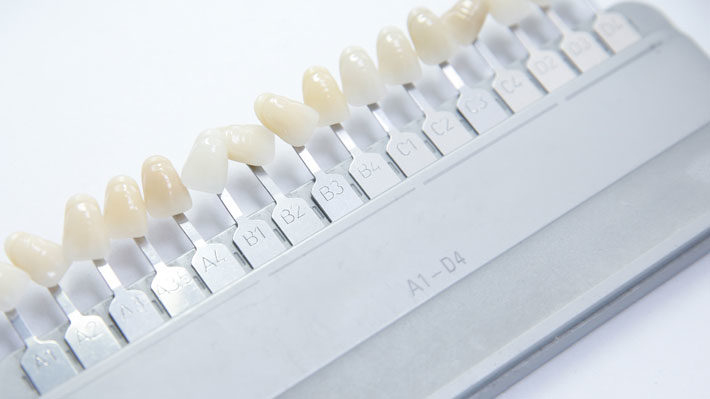
The Pros and Cons of Porcelain Veneers
There are many reasons why your dentist might recommend the use of porcelain veneers for your teeth. Maybe you’ve chipped one or more teeth, or just have stains that won’t go away. Perhaps your teeth have been damaged in the past, or are simply misaligned in some way. Veneers can be a great option for improving the aesthetics of your smile, and providing your teeth with an additional layer of protection from harm. Of course, no dental treatment is perfect for everyone, and even something as beneficial as veneers can come with certain disadvantages too. So, what are the pros and cons you should know about when considering porcelain veneers?
The Pros
Porcelain veneers offer many advantages for patients, and can be a great option for treating a wide variety of dental problems. The advantages of choosing these veneers include:
- They look natural. As you probably know, porcelain is white. It also tends to have the same light-reflecting qualities that you see with your own tooth enamel. As a result, porcelain veneers can look natural enough that nobody will know you have them.
- They’re strong. With proper care, your veneers can last for a couple of decades without replacement.
- They resist staining. Again, you have to take care of them properly, but when you do you will discover that veneers are highly resistant to staining.
- Veneers are easy to take care of. Care usually requires no more than the brushing and flossing you provide for your natural teeth.
- They’re quick to install. Some dental treatments require long periods of waiting and multiple procedures. Not veneers! They can be applied relatively quickly and all in one appointment.
The Cons
As is true with all dental and medical procedures, veneers can have their drawbacks too. The disadvantages include:
- They’re not for everyone. If you have enamel that has been weakened by neglect, or decayed teeth or gum disease, your dentist may determine that veneers simply wouldn’t be the best option for you.
- Veneers require permanent alterations to the teeth. When your porcelain veneers are applied, it required the removal of some portion of the tooth. That change is permanent. That means that once you have veneers, you need to have them for life if you want to maintain aesthetically-pleasing teeth.
- They are not invulnerable to harm. Veneers are strong, but they are not impervious to damage. They can chip if you continuously eat hard food or candy, grind your teeth, or damage them in any other way. That could result in replacement veneers being needed.
- They can be costly.
- Because the top layer of enamel is removed, your teeth may become more sensitive to temperature. This is often just a temporary problem, though.

